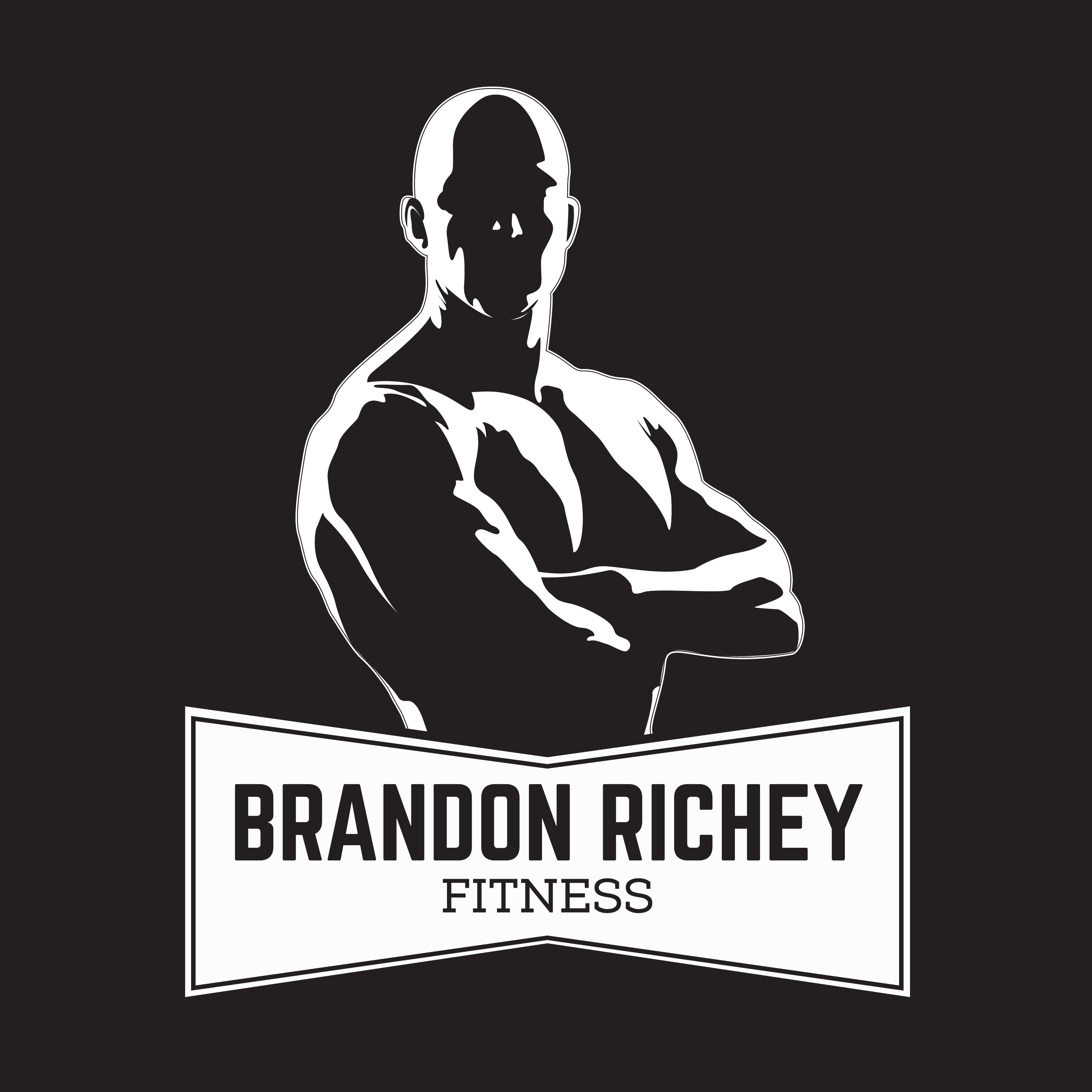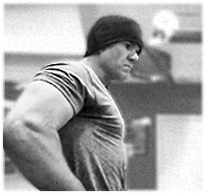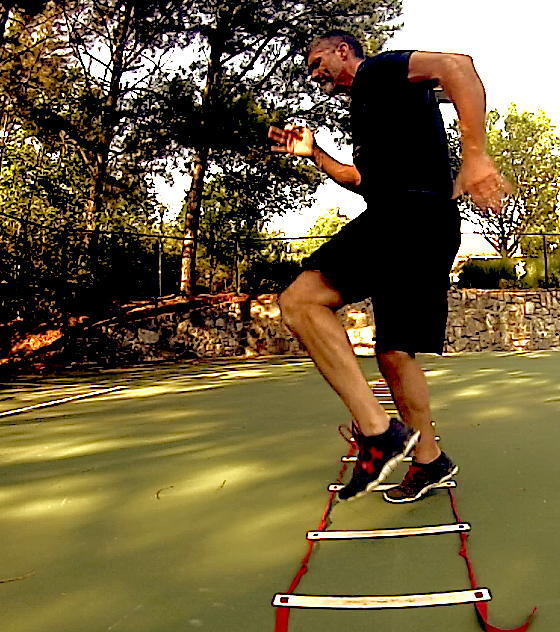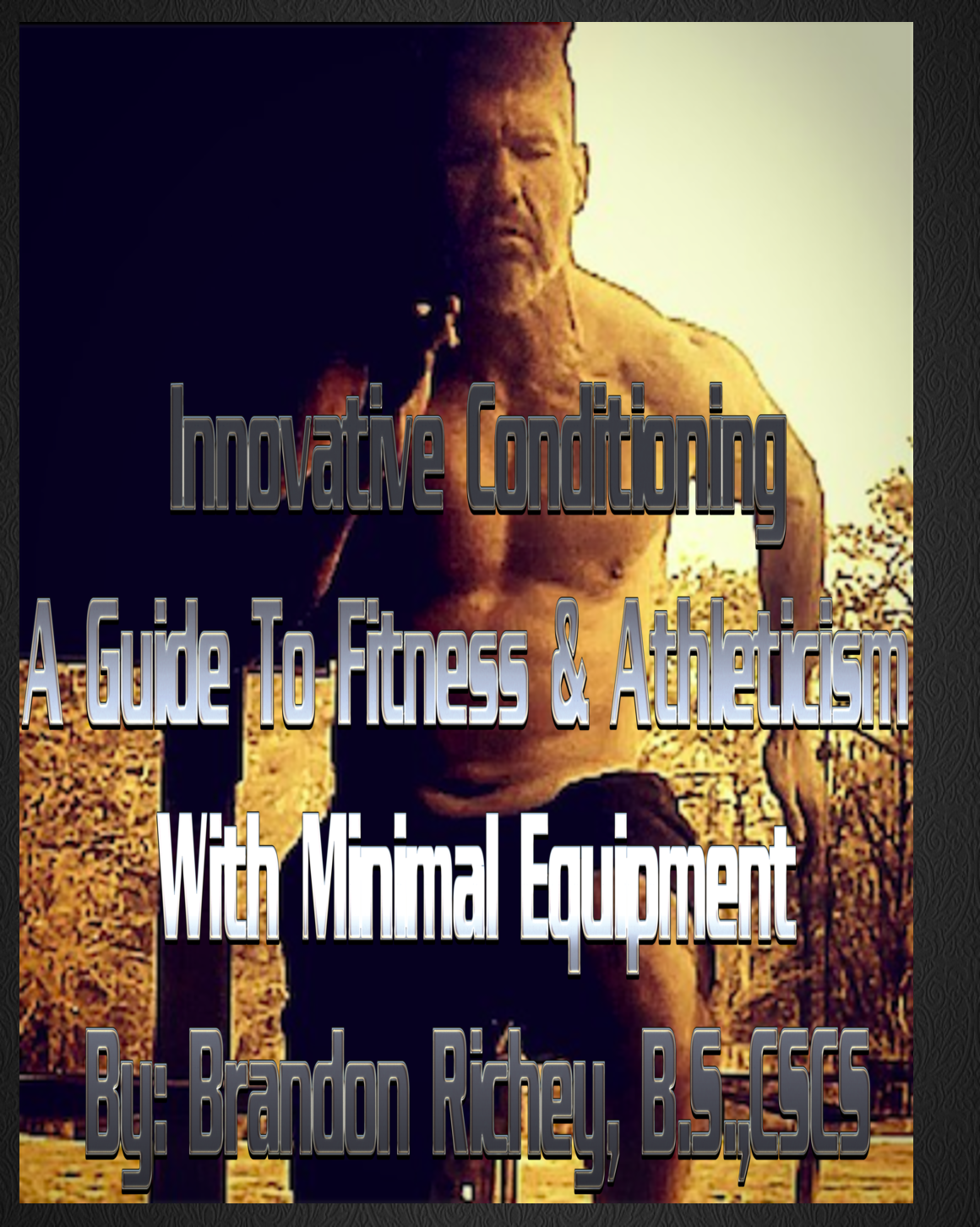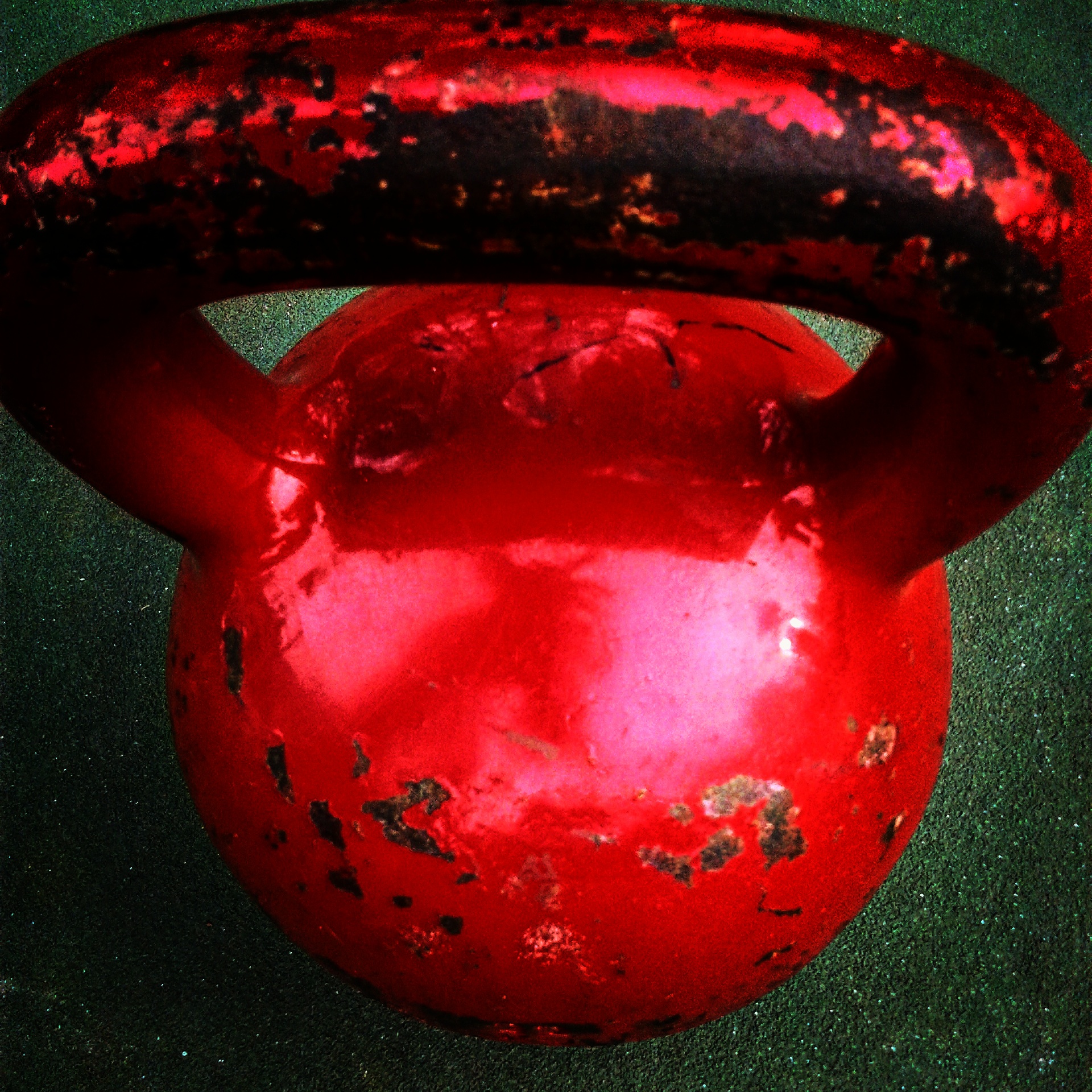
Quality Coaching: 5 Skills To Look For In A Quality Coach
For the world of fitness and strength the iron game has seemingly become a mix of do’s and don’ts that has in some cases been made worse by the so-called experts who have managed to convolute a truckload of information through the internets. Well today I’m going to try and simplify some of this by helping you to identify some key skills to look for in a quality coach or trainer if you are in the hunt for making a hire.
First…Your Goals Must Be Clear
This may seem like an obvious statement, but if you’re an individual looking to step up your performance, or give yourself a physical upgrade, then you’ve got to be clear in terms of what you want to do in regards to your training. If you’re a football player then you want to train yourself to excel at the sport of football.

Likewise if you’re a fighter then you want to be in fighting shape. It’s common sense…but you MUST have a clear understanding of your own personal goals. This is necessary whether you’re competing in a sport, or just looking to advance your own personal level of fitness.
Now once you have a handle on this and you find yourself in a position to make the next step then you can look at hiring a coach or trainer to help you get to the next level. So how does one go about this process so that we can ensure a quality hire?
The Skills
When looking at the quality skills of a coach it’s really not all that complicated. I mean we certainly want to look at education, experience, and reputation…but those aren’t necessarily the make or break decisions on making a hire with everyone. I’ve come up with a simple list here to help you when looking at making a quality hire with a coach or trainer.
1. Communication Skills: A quality coach will be able to clearly communicate a plan of action and be able to convey his or her message so that a respective trainee will understand the direction of their program. A quality coach can communicate to athletes and trainees on a number of levels to help them meet their needs both inside and outside of the weight room.
2. Effective Cueing: This skill, or trait can fall in line with communication, but it involves a very specific type of communication. Cueing involves the ability of a coach to clearly and effectively communicate a rather complex movement by using examples of visualization to help the trainee to perform the movement in the correct way.
If you’re looking for a quality coach, or trainer, then this is something that should be pretty obvious to you. As an example let’s say I ask an athlete to perform a box jump. After demonstrating the drill to the athlete the trainee then makes an attempt at the drill themselves only to loudly crash their feet on top of the box and stick the landing position with their legs in a straightened position causing a great deal of jarring throughout their body’s joints.
To prevent this from happening again I might tell them not to land with their legs locked in a straight position and to NOT hit the box so hard upon landing. These instructions are clear, however I would also add a more effective cue such as pretend you’re landing on a glass surface and that we don’t want to shatter that surface upon landing.

This sort of cue would give a trainee a visual to think about in terms of how to go about performing the movement to achieve the desired outcome. This type of cueing allows them to feel how they should go about performing the movement in order to execute it better. A coach that can cue is a good coach!
3. They Practice What They Preach: As a coach I never put my students through anything unless I’ve done it myself. This isn’t just because I’m looking to one up the student to come back later and simply say look I can do it so you should be able to as well! Granted there is a time and a place for that, but the purpose of this is to also make sure the coach can gauge a reasonable level of expectations from the trainee.
Without personally knowing what all is involved with a particular movement, or an entire training program then a coach is simply going to be less effective in directing a trainee through the process. I know there may be a few exceptions to the rule, but here I believe that the rule is that a coach should be actively involved in training themselves in order to be a better coach. When movement is practiced then movement is better understood.
4. Programming Is Consistent: A sign of a good coach is one that programs in a consistent and progressive manner. In other words, the fundamental movements and lifts are a staple of the program. If we use squatting, benching, and deadlifting as an example these are all powerful staples for building a strong body.
Get 20% Off Your Customized WellPath Blend Here: Enter Code AMBRichey
To me a smart coach will include these with regularity, but will also be intelligent about varying these movements to acquire different physical needs within training. The key to this programming element is that a quality coach will vary from the movements that are set as a foundation…but not just program in a random manner failing to effectively progress a trainee forward by building on what has already been taught!
5. A Quality Coach Criticizes Methods And Mistakes, Not People: This one is a bit of a different skill, or trait to look at with a coach. If a coach is going to be critical it’s fine if he or she calls out and attacks one’s method, or a mistake, they disagree with in practice. However I’m not sure if “attacking” someone directly in a personal manner is the sign of a quality coach.
My thinking behind this is that it makes a coach look petty and weak to try and attack someone else on a personal level to demean that trainee in order to simply try and make themselves look better, or to make the trainee look even more like a failure.
Now in general I wouldn’t think of this as good practice. However, if the goal of a specific coach in a specific situation is to attrite a group of trainees in order to thin the herd I could see this working, but in general it’s probably not a good idea. Likewise, I would also see how the coach reacts to referencing other colleagues in the field. In general this is a good thing to be aware of when looking to hire a coach so you know what kind of person you may or may not be dealing with.
I hope you enjoyed today’s post and if so then please don’t hesitate to post up in the comments below. Are you looking to hire a coach or trainer? Stay strong, be smart, and don’t adopt a victim mindset!
Related Articles:
A Completely Different View On Obtaining Strength
How Balanced Is Your Training With Accessory Exercises
Inhibition In Movement: A Crime Against Strength
An Examination Of The Box Jump
Get Free Updates And Training Guides Here
